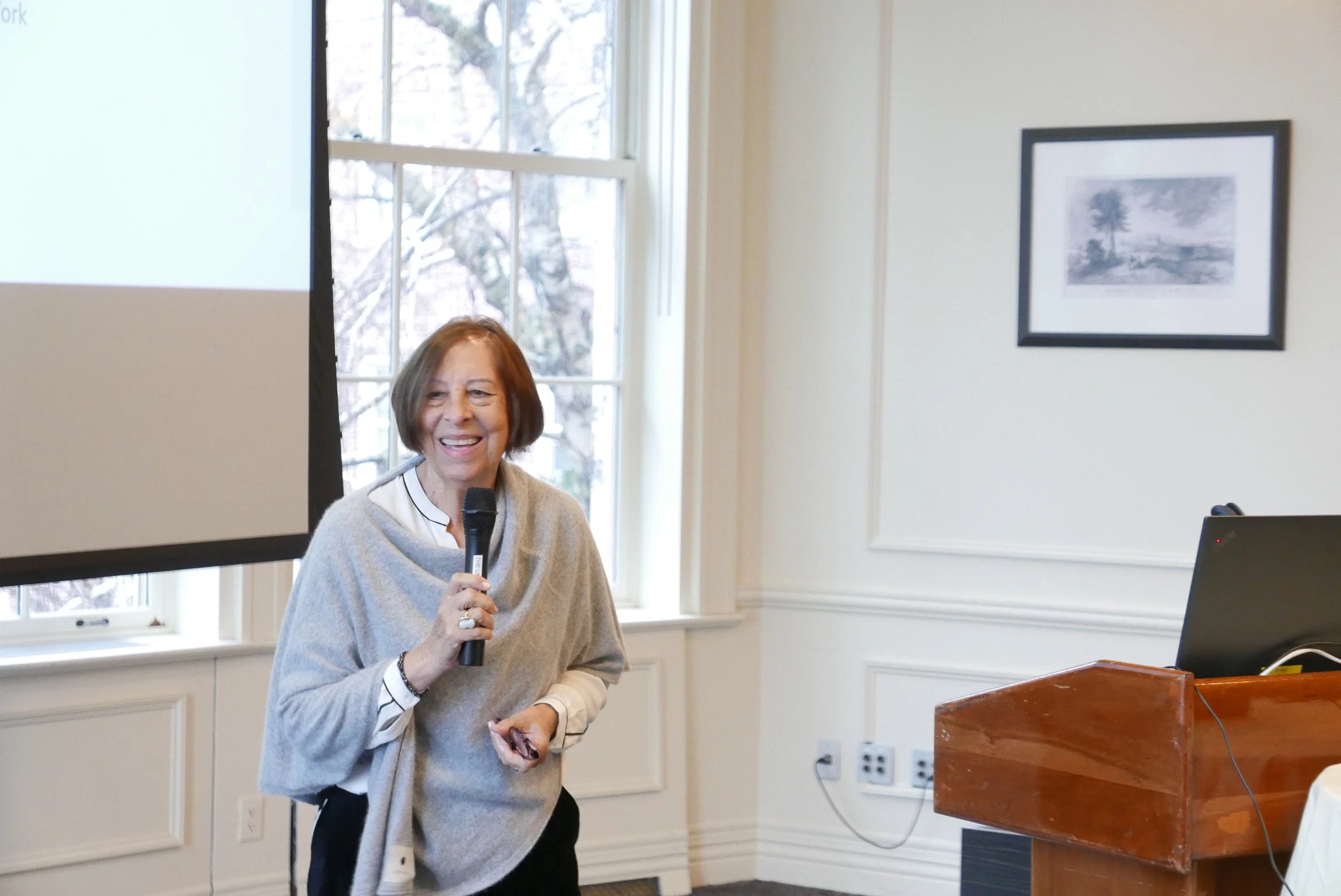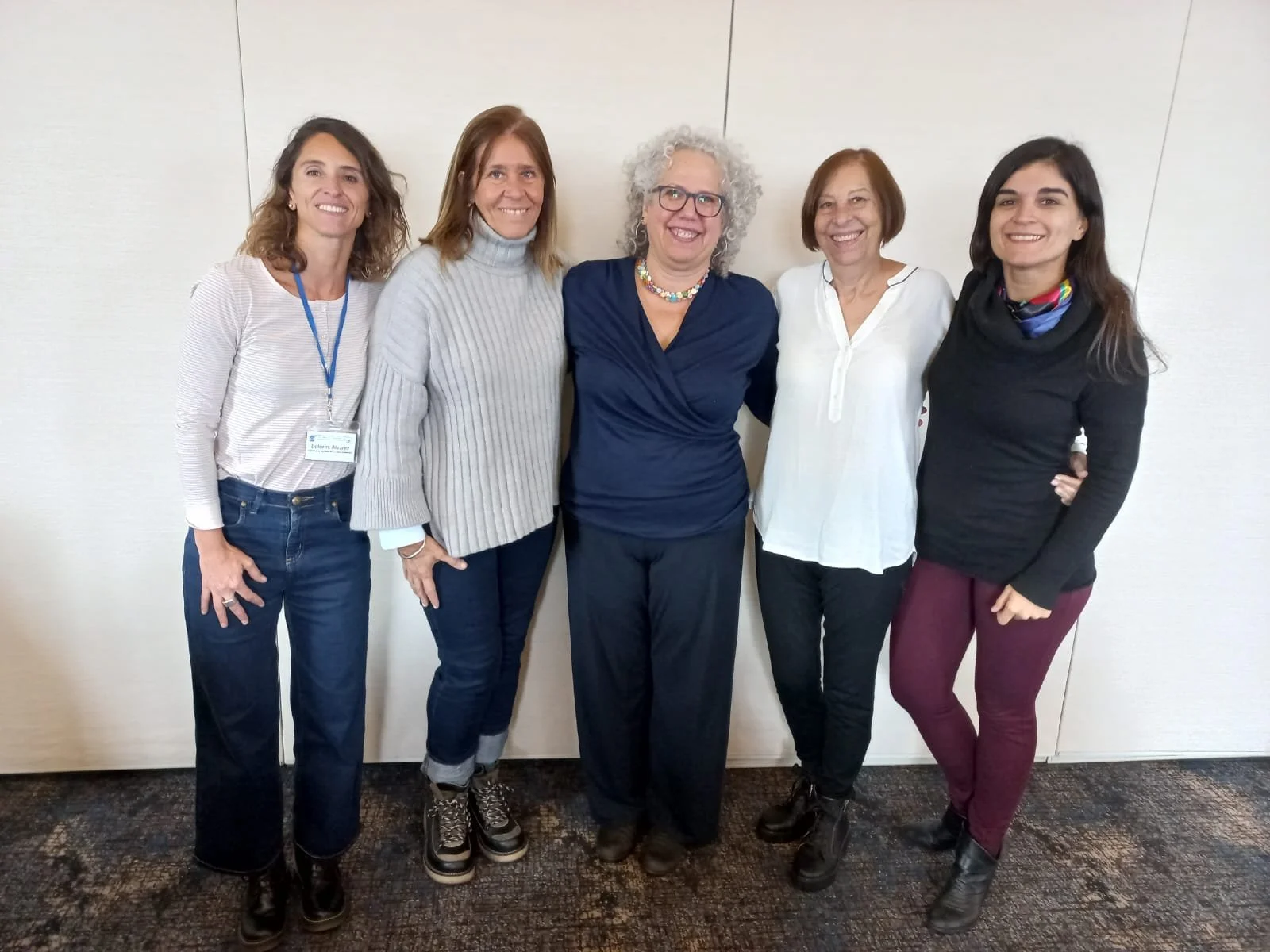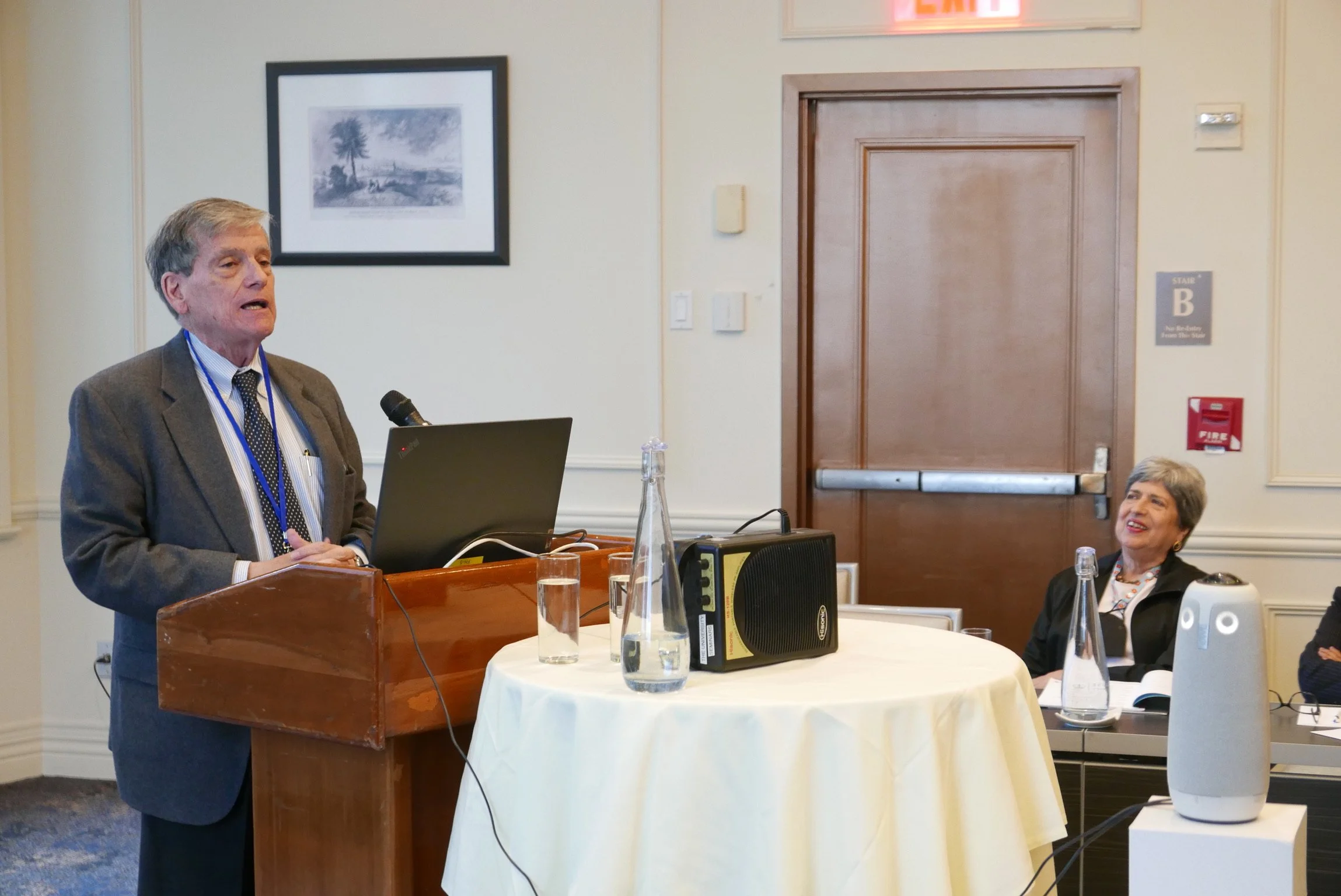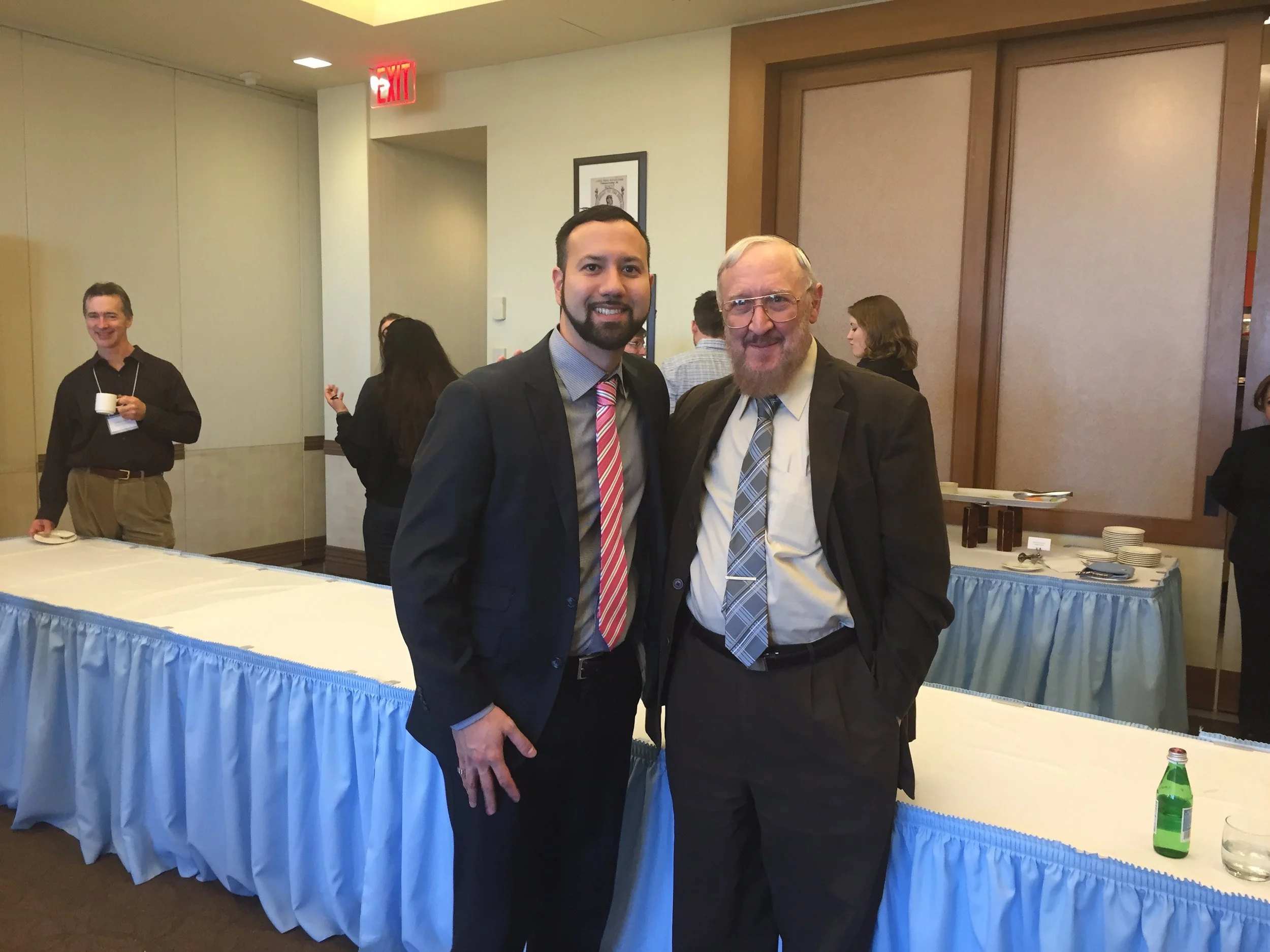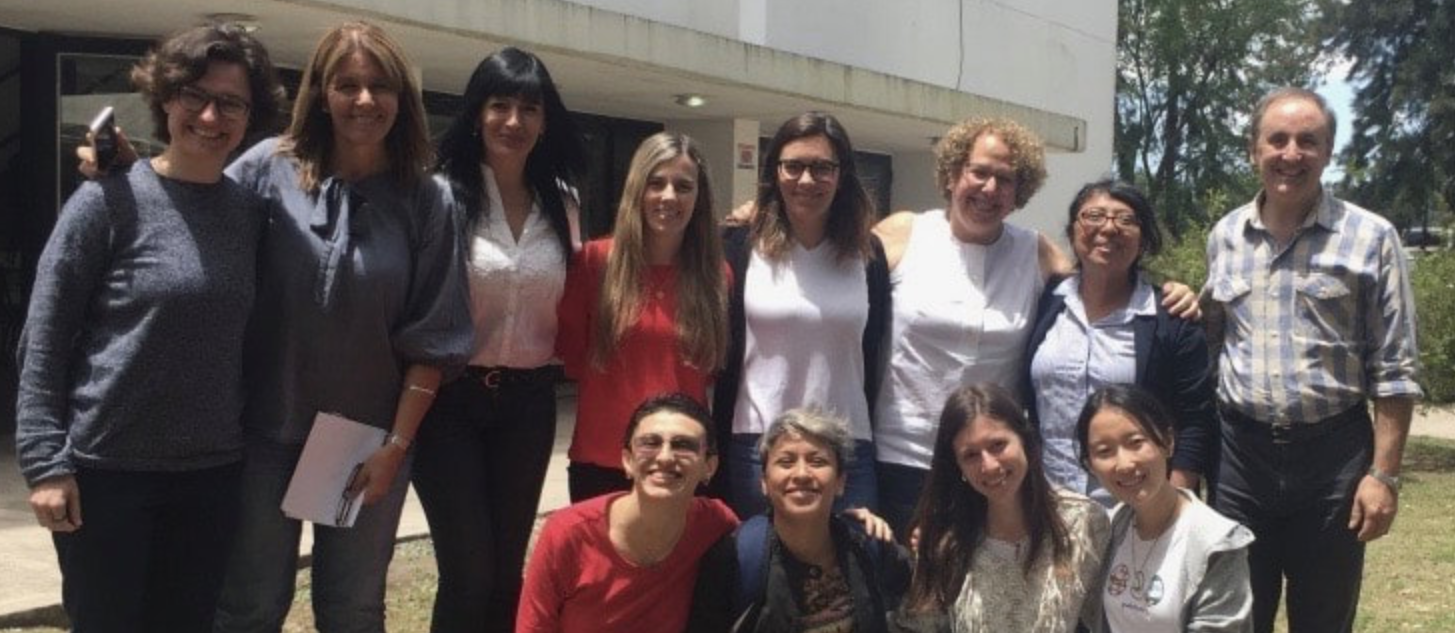Who we are
Columbia School linguistics offers a radically functional conception of language in which both grammatical and phonological structure are profoundly shaped by the exigencies of communication. Lexicon and grammar alike are meaning-based. Analyses focus on determining the unique semantic structure of individual languages. The goal is to explain the appearance of linguistic forms in spoken and written discourse by:
- Their systemic semantic values
- General psychological principles of goal-directed behavior
- Socio-cultural conventions for the use and interpretation of linguistic forms
Phonetic facts contribute to accounting for the phonological shape of the forms themselves.
History
The Columbia School of Linguistics started in the mid-1960’s at Columbia University under the leadership of Professor William Diver. He and his students formulated a comprehensive framework for linguistic analysis, early on called “Form-Content”, whose tenets contrast sharply with those of generative grammar, which emerged around the same time. Our philosophy has evolved considerably over the past 30 years, and continues its development in many parts of the world today.
Theoretical Overview
Columbia School linguistics takes as its ultimate object of explanation the perceptible sounds of speech (or sequence of symbols in a written text). Instances of human communicative behavior, then, are its primary data. It accounts for these observables by postulating abstract cognitive systems upon which speakers appear to be operating. Columbia School is thus an avowedly explanatory enterprise and neither a throwback to behaviorism nor an instance of an Externalized (E-) language approach.
The Columbia School Linguistic Society offers many opportunities to get involved, including Electronic Discussion Groups, Seminars, Reading Groups, Galas, Conferences, and Institutes.
Events
Membership dues contribute to the Columbia School Linguistic Society's mission, as stated in its 1998 constitution: “to advance, promote, and disseminate research within the framework of the theoretical lines first established in the teachings and writings of William Diver”.
Become a Member
Book Offer
Discounts on Columbia School publications are available exclusively to members of the Society.
Contact
Contact us to learn more about the Columbia School Linguistic Society.
Email
admin@csling.org


